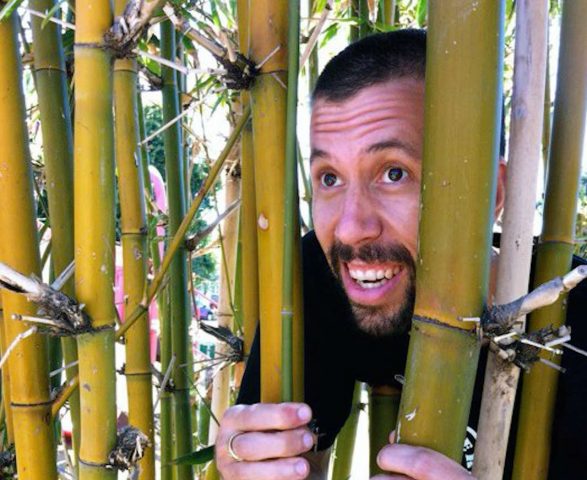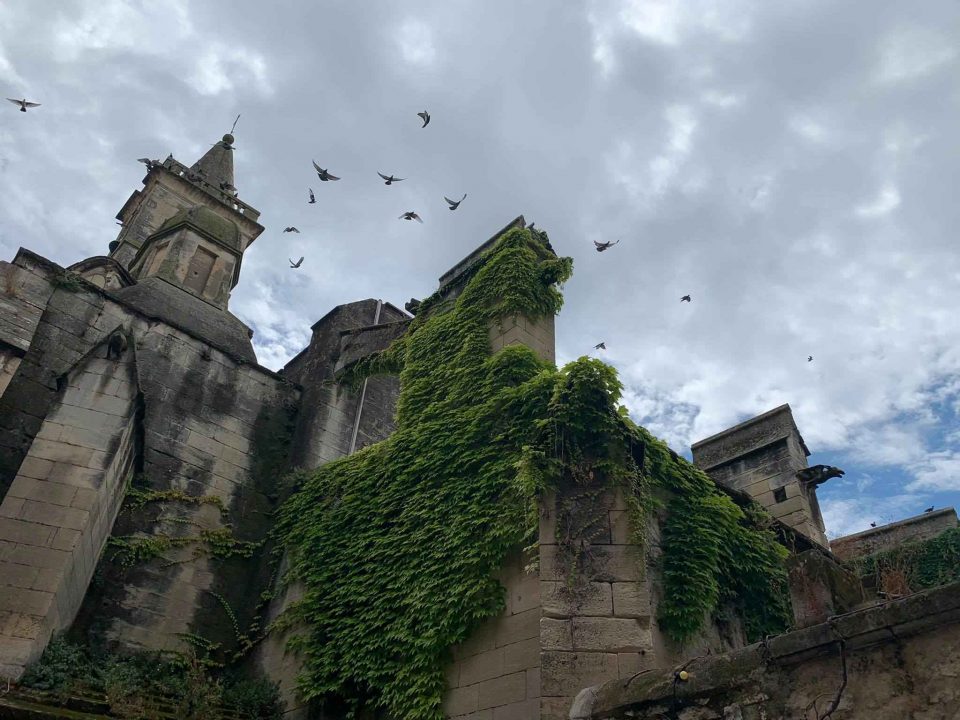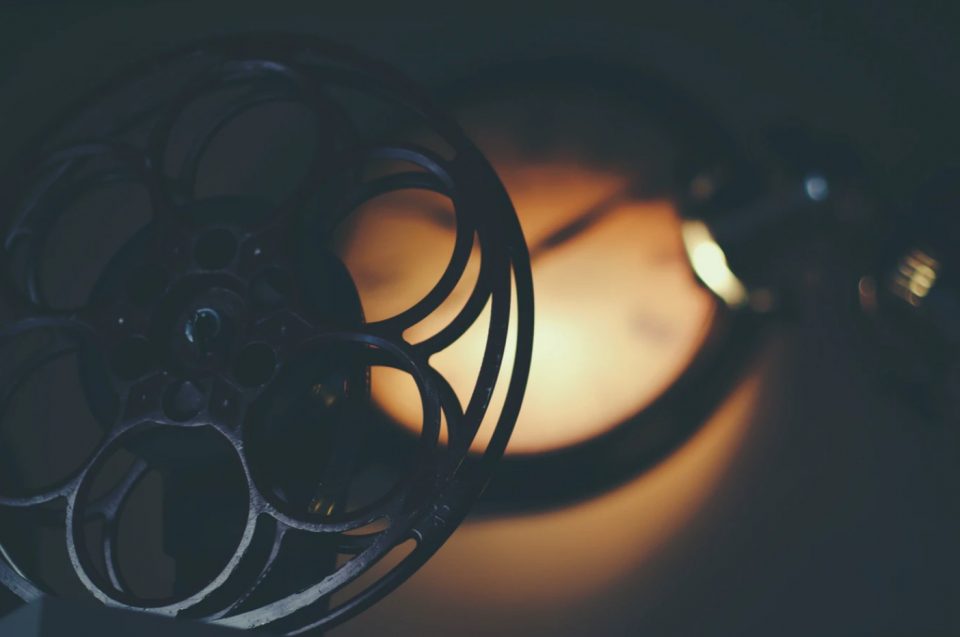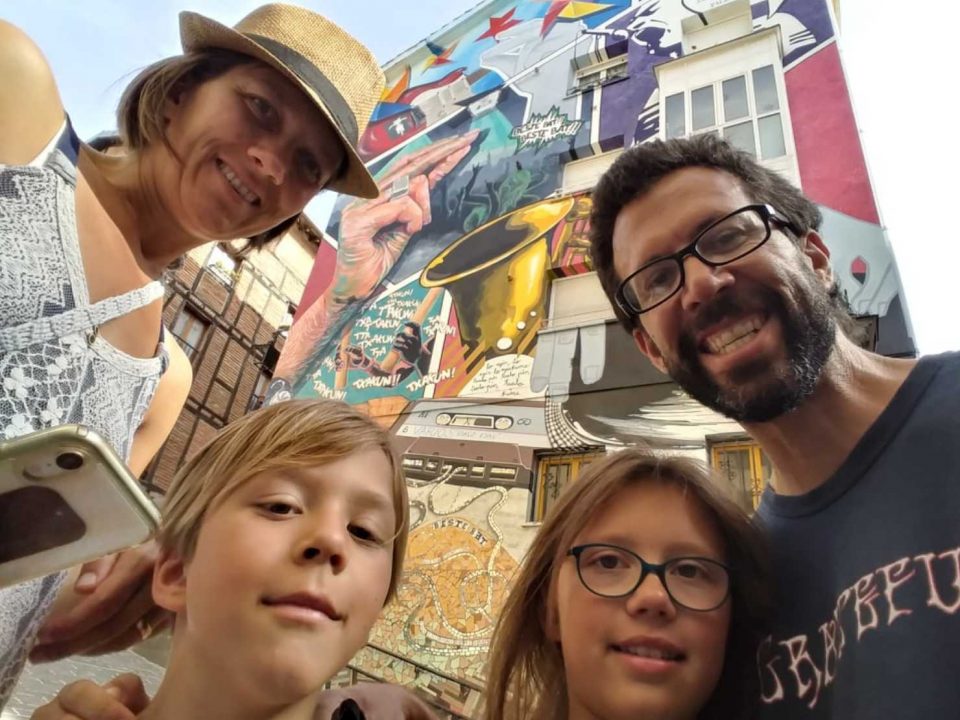
Community Fundamentals: Overcoming hopes and fears to build a healthy community
April 19, 2019
International air travel in time of pandemic
June 12, 2020Four years ago we sold our house, our business and virtually everything we owned to embark on the worldschooling adventure of a lifetime. Leaving California, we toured Europe for a year, through a series of 11 work exchange stints in Germany, Austria, France and Spain. Finally we settled in the Spanish Pyrenees, certain that we’d discovered an excellent place to raise our kids and immerse ourselves in nature and culture. Not only that, but it was also the perfect spot in case the shit hit the fan, which we’d long considered to be a possibility.
Well sure enough, the shit has hit the fan. And it continues to splatter across the globe, carried in all directions by the Four Winds. As it turns out, Catalunya has been one of the hardest hit hotspots for Covid-19 so far. Although our little mountain village with its roughly 100 residents has remained safely insulated from the severe outbreak in Barcelona, two hours away.
It felt like we’d been training for this crisis for years. And indeed, our tight family unit would have been well prepared for this episode, had it not been for one detail. As the family hunkered down in the remote mountains of Catalunya, I was somehow quarantined a world away, on California’s Central Coast.
Worldschool PhD Lesson #1: Don’t do business with friends
In order to set the stage, I’ll have to back up just a little bit. You see, my first lesson in the pursuit of my advanced degree in Worldschooling came by breaking the first law of commerce. Don’t do business with friends.
When I sold my bamboo business four years ago, in February 2016, I made a generous arrangement with an old friend allowing him and his wife to take over the operation with a small down payment. Our casual contract of sale stipulated a prolonged schedule of monthly payments to settle the balance. Long story short: they were unable to keep up with the essential responsibilities of managing a small business, and therefore unable to keep up with the monthly payments.
Eventually they decided to stop making payments altogether, at the same time showing no interest at all in developing a new approach or putting together some kind of back-up plan. So with great reluctance, I flew back to California in October 2019 to reclaim the business, put things back in order, and find another more qualified individual to buy the 14-year-old business.
Worldschool Wizardry Lesson #2: Energetic restoration
For the first 44 days, I worked non-stop to remove the accumulation of cobwebs and dust bunnies and a mountain of garbage and detritus from the formerly magical space. Bambu Batu had always radiated a special energy, resulting from a combination of natural bamboo products, Eastern religious icons, tasteful Asian decor, and generally thoughtful Feng Shui.
I thought I’d prepared myself for the worst, but when I entered the House of Bamboo on October 13, for the first time in 42 months, I was shocked by sheer absence of positive energy. Not only had the new owners seriously depleted the shop inventory, but the appeared to have thoroughly drained the 2800 square foot space of every last shred of good juju.
So I had my work cut out for me, another 40 academic units toward my Worldschool PhD. And within a matter of weeks, a fresh aura of higher vibrations was palpably noticeable. You could discard the concepts of Feng Shui and energetic healing as a load of hippie dippy baloney, but even the most hard-headed scientific materialist could not deny the utter transformation that I had been able to produce.
Day in and day out, week after week, old customers would come into the store, take one quick glance, and revel in the unmistakable state of renewal. And they were as happy to see me as I was to see them. For the energy field of a physical space is only as meaningful as the people who can sense and be drawn into it. And now, as I sit here inside the House of Bamboo, my little zen sanctuary, in this time of coronavirus quarantine, with no visitors in sight, the positive juju is clearly beginning to stagnate.
The Tao of Worldschool: Learning to let go
After restoring Bambu Batu, the House of Bamboo, to the beacon of bliss that it had long been, I was lucky to find a shop assistant, which allowed me to take a day off. All work and no play, after all, can be detrimental to Jack’s psychological well being.
I was able to do a little hiking, to stroll on the beach and observe the great herons on the estuary. But it was not easy to distract myself from my singular purpose which was to sell my business and get back to my family in Spain.
Nothing could have prepared me to spend six months on an air mattress in the living room of my mom’s mobile home like the year we spent with Work Away. Over the course of that year, our family had slept in some pretty strange, cramped and cold quarters. The ability to adapt to unfamiliar settings is one of the cornerstones of a worldschool education. So I’m no stranger to living on the road or to claiming an exquisitely small corner of a room as my own. But the state of familial separation was taxing.
I continued hiking, meditating and writing. I kept doing all that I could to envision a satisfactory ending to this story. And every week the shop kept looking better and better. And every day I would share my story and publicize the business opportunity in every way that I could. But not one person ever showed any interest in taking over the store, despite its longstanding history, its excellent location and its unique offering of organic and metaphysical products.
Meanwhile, the weeks were turning into months. I missed my wife’s 40th birthday, then spent Christmas and New Year’s without my children. I needed a deadline. So I gave myself until the end of the next month to find a buyer. February 29 seemed like an auspicious day, after all.
Leap Day came and went, and still no response. So with great sadness, I agreed to take my baby off of life support and put it out of its misery. I could see no way out but to liquidate the entire inventory and get back to my wife and children.
Worldschool Lesson #4: Epidemiology for beginners
And that’s when the shit hit the fan. Suddenly the world was introduced to a whole new array of vocabulary: social distancing, bending the curve, antibody testing. First they called it corona, and then we called it COVID-19. Certain racists insisted on calling it the Chinese virus.
For a week or so, we got all kinds of advice on how to wash our hands and cough into our elbows. All of which sounded like things we should have already learned in elementary school. But the following week we were told to stop shaking hands, and then to stand at least 6 feet apart, and then to wear masks, and then to stop leaving the house.
Nobody saw that coming. But we were learning to adapt. And within another week or two about 50 million Americans had lost their jobs. The official numbers always fail to include those who don’t bother to apply because they work off the books, or are free lancers like myself. Also the mom and pop business owners who have no safety net. And then there are the millions who haven’t been laid off exactly, but just had their hours and their paychecks cut in half.
It was a truly educational experience for all of us. The sense of living in a Third World country was hitting unusually close to home. Grocery shortages were suddenly a stark reality, no toilet paper, no rubbing alcohol, egg rations, meat shortages and so on. And the long lines at the food bank —sometimes 10,000 people long — tell us that for all too many, the phrase “shelter-in-place” can be translated as “stay-home-go-hungry”.
Worldschool Lesson #5: Truth or consequences
Before pursuing a PhD in Worldschool, I had actually earned a B.A. in Political Science from UCLA and also studied journalism. So watching this global crisis unfold in the context of American politics and media has been both eye-opening and gut-wrenching.
Other countries have political divisions too, but I really see something unique about the opposing polarities of the American news cycles. For the first time in history, the entire world is coming together to fight a common and invisible enemy. Many politicians are taking the opportunity to rise above the old political rivalries, while others remain as determined as ever to point fingers and blame the other party.
Worst of all, the media insist on holding the party line and portraying the whole debacle as a battle between scientists who want to crash the economy to save the human race and the President who wants to throw a million lives under the bus in order to save the economy. The competing narratives are purely political and simply black and white.
Is it true that the American public is so intellectually lazy that there can be no room for nuance? Is it possible for a left leaning humanist to suggest relaxing the quarantine before May in order to see a few people earning money again? Can a right-wing octogenarian expect a little more compassion or emergency response from the White House?
Of course it depends where you get your news. But the popular option continue to be a choice Fox and MSNBC/CNN. One side insists on portraying the President as a modern day war hero, and one side just keeps replaying an endless real of his ongoing gaffes. Neither side appears to have any interest in digging to the bottom of a story. Their only directive is to pick the low hanging fruit and place it firmly with a preconceived narrative.
Worldschool PhD: In defense of conclusions
If the first rule of economics was not to do business with friends, then the first law of academia probably belongs to Socrates. “I know that I know nothing.” Or in this case, I might rephrase it: the more certainty with which the news is reported, the more likely it is to be false.
The only thing certain about this global outbreak and the hysterical response to the coronavirus pandemic is that dozens of critical questions remain unanswered. If the virus started in China, for instance, why were Italy, Spain and New York hit so much harder than India, Indonesia or California? Has the lack of an organized response in the United States been part of a concerted plan to cripple the country or simply a spectacle of ineptitude? Is flattening the so-called curve really worth the cost of putting tens of millions out of work and tens of thousands into food lines?
And if the government can pay nine trillion dollars to put so many out of work, why not continue to pay them instead of forcing them back into their menial jobs? Clearly the technology, the automation and the funding is available, so why not implement a universal basic income that would allow millions of creative and intelligent individuals to spend more time painting, parenting and inventing rather than punching timecards and slaving away like robots?
Clearly we still have a lot to learn.
Further Reading
To learn more about our ongoing adventures and experiments with worldschooling, check out some of these other spellbinding articles.





